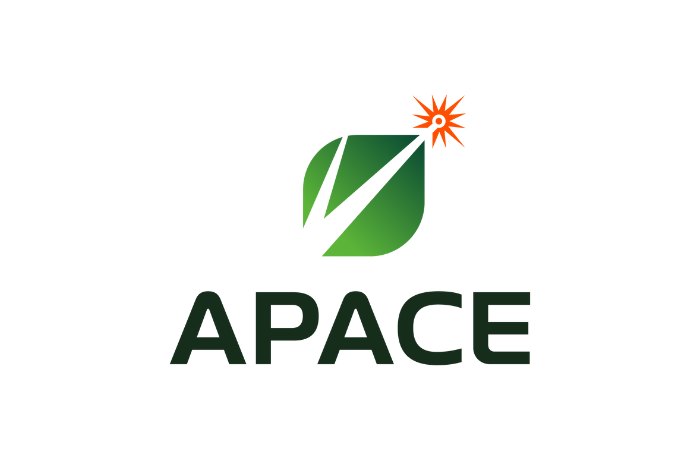Creating new technologies towards long-term self-sustainability is essential to solve the problem of the increasing energy demand both in Space and on Earth.
Biology can provide the answer to this challenge, self-sustainability being the defining characteristic of life. APACE will demonstrate a novel type of bio-inspired sunlight pumped laser based on bacteria photosynthetic complexes, that are capable of converting diffuse natural sunlight into a coherent laser beam.
Lasing units composed of molecular systems or doped nanocrystals will be attached to the photosynthetic antenna complexes. These engineered antennae dispersed in polymeric matrixes or in solution, will form the supramolecular gain medium which will be placed in an optical cavity to build a sunlight-pumped laser.
Bacterial photosynthetic complexes are nanoscale molecular structures with the unique ability to funnel the collected solar energy with almost 100% efficiency. Exploiting these extraordinary properties, the APACE bio-laser will be able to operate under unconcentrated sunlight, with at least two orders of magnitude enhanced efficiency over existing designs.
APACE will thus lay the foundation for a novel solar harvesting technology that could ultimately be fabricated on permanent space stations and may benefit from scalability similar to that of photovoltaic panels. The collected energy can be used for in situ energy production as well as for wireless power transmission to satellites or Earth.
Contributing scientific sectors
